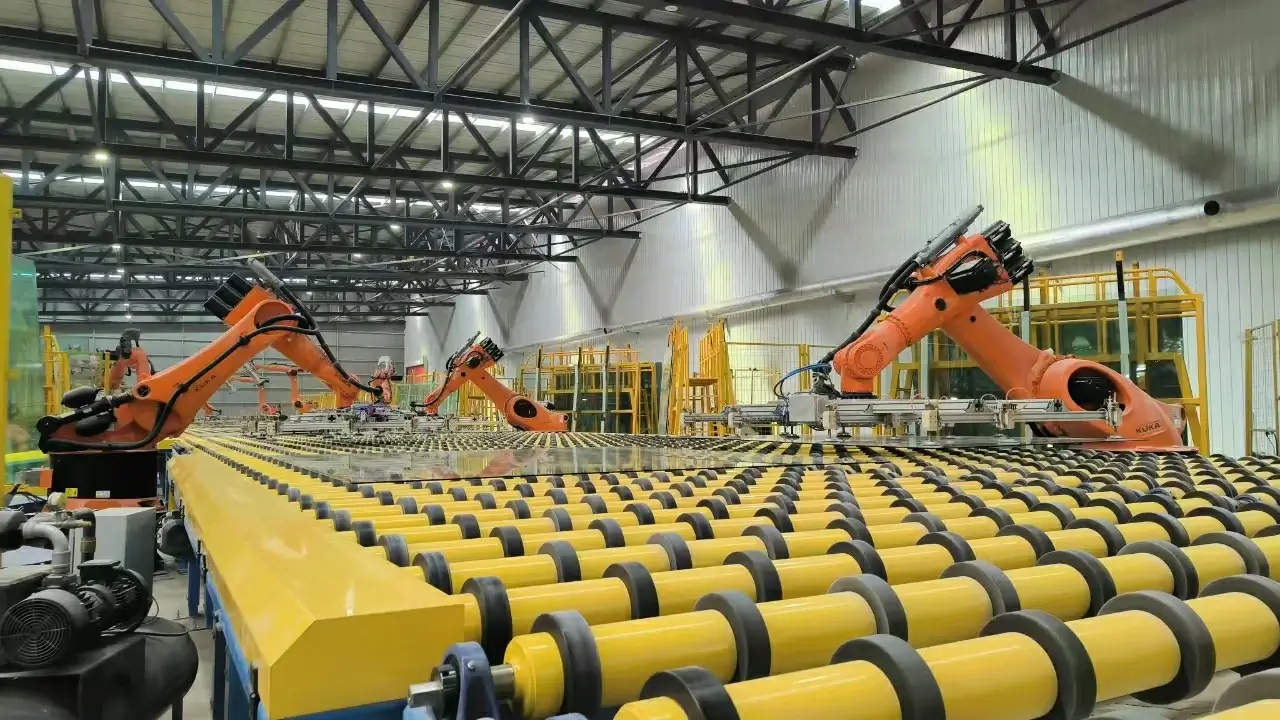

Insulated Glass Unit Suppliers A Comprehensive Overview
Insulated glass units (IGUs) are essential components in modern architecture and construction, providing both thermal efficiency and noise reduction for buildings. With the global push towards energy efficiency and sustainable building practices, the demand for high-quality IGUs has surged. This article delves into the role of insulated glass unit suppliers, what to look for when choosing one, and the future of the industry.
Understanding Insulated Glass Units
An insulated glass unit consists of two or more glass panes separated by a spacer and sealed to create an air or gas-filled space. This design significantly reduces heat transfer, leading to energy savings and enhanced comfort in residential and commercial spaces. IGUs are pivotal for achieving high energy ratings in buildings, playing a fundamental role in energy-efficient architecture.
The Role of Insulated Glass Unit Suppliers
Suppliers of IGUs are critical in the construction supply chain. They provide the materials and expertise needed to fabricate and install these units effectively. A reliable supplier not only offers a variety of glass products but also ensures compliance with relevant building codes and standards. Additionally, they often provide technical support for installation and maintenance, making them indispensable partners for architects, builders, and contractors.
What to Look for in an IGU Supplier
1. Quality Assurance It is vital to choose a supplier that adheres to stringent quality control standards. Look for certifications like ISO 9001, which indicates a commitment to quality management. Quality assurance processes ensure that the IGUs meet performance metrics, such as thermal insulation and sound reduction capabilities.
2. Product Range Suppliers should offer a diverse range of IGUs, including options that incorporate various coatings, tints, and spacer technologies. This diversity allows architects and builders to select products suited to specific project requirements and aesthetic preferences.

3. Custom Solutions Flexibility is crucial in construction. A good supplier should provide custom solutions to cater to unique project needs, whether that involves specific dimensions, shapes, or performance specifications.
4. Technical Support and Expertise Supplier expertise can help ensure that IGUs are optimized for performance in their intended applications. Support may include installation guidance, performance testing, and information about local regulations.
5. Sustainability Practices As the green building movement grows, choosing suppliers who prioritize sustainability is becoming increasingly important. This can include using recycled materials, energy-efficient manufacturing processes, and offering products that contribute to building green certifications like LEED.
6. Solid Reputation and Experience A supplier with a longstanding presence in the industry often has the experience necessary to navigate challenges and deliver quality products consistently. Look for customer reviews, case studies, and industry accolades to gauge a supplier's reliability.
The Future of IGU Suppliers
The future of insulated glass unit suppliers is closely tied to technological advancements in materials and manufacturing processes. Innovations like low-emissivity (Low-E) coatings, vacuum-insulated glass (VIG), and the introduction of smart glass technologies are shaping the market. These advancements not only enhance the performance of IGUs but also create new opportunities for suppliers to differentiate themselves.
Furthermore, the increasing demand for energy-efficient solutions driven by regulatory pressures and consumer awareness of environmental issues will likely lead to more stringent standards. Suppliers who invest in research and development, staying ahead of these trends, will be better positioned to capitalize on emerging opportunities.
Conclusion
Insulated glass unit suppliers play a crucial role in facilitating energy efficiency and comfort in modern buildings. Selecting the right supplier involves consideration of quality, product range, custom capabilities, technical support, sustainability, and industry experience. As the industry evolves, suppliers who embrace innovation and adhere to sustainability practices will thrive in a competitive market. As a builder, architect, or contractor, investing time in finding the right IGU supplier can lead to long-term benefits in project success and client satisfaction.